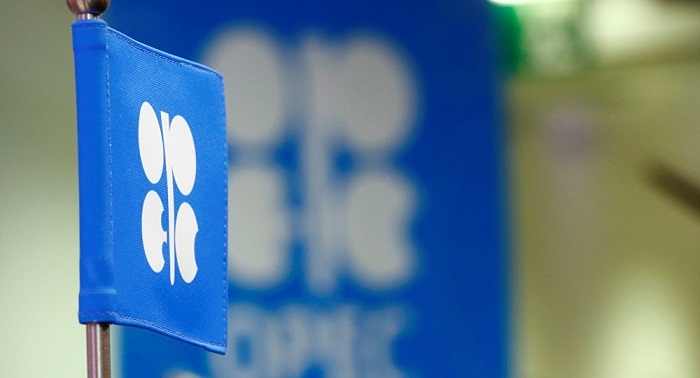OPEC countries’ severing ties with Qatar not to affect OPEC+ deal – analyst

Bahrain earlier broke off diplomatic relations with Qatar. According to Bahrain’s official statement, it happened due to Qatar’s intervention in Bahrain’s internal affairs. Afterwards, the UAE, Saudi Arabia, Egypt, Yemen, Libya and Maldives also severed diplomatic relations with Qatar.
The analyst pointed out that severing diplomatic relations with Qatar by those countries will surely affect the OPEC activities, but not in terms of compliance with the terms of the agreement to cut oil production.
He noted that judging by the fact that the agreement to curtail oil production was complied with well enough in the previous six months, there should not be problems with its implementation in the next nine months as well.
If the deal is complied with in the next nine months, one can expect certain recovery in prices due to the growth in demand, according to him.
“Now, the global oil demand is rapidly growing and I think that this growth rate will be maintained for years to come,” Polishchuk said. “The growth in demand should partially remove the surplus of oil from the market. Thus, the balance of supply and demand in the market must be found approximately in the first half of 2018.”
Meanwhile, the analyst said that the oil prices are unlikely to grow above $60 per barrel.
Speaking of the prospects of another OPEC deal extension in nine months, he noted that this will not be necessary if some balance is found by that time.
OPEC and non-OPEC countries held a meeting in Vienna May 25 to make a final decision on extension of the oil output cut deal reached in 2016. The oil producers agreed to extend oil output cuts for nine months. Azerbaijan also supported the decision.
In December 2016, OPEC and non-OPEC producers reached their first deal since 2001 to curtail oil output jointly and ease a global glut after more than two years of low prices. That time, OPEC agreed to slash the output by 1.2 million barrels per day from Jan. 1, while non-OPEC oil producers such as Azerbaijan, Bahrain, Brunei, Equatorial Guinea, Kazakhstan, Malaysia, Mexico, Oman, Russia, Sudan, and South Sudan agreed to reduce output by 558,000 barrels per day starting from Jan. 1 for six months, extendable for another six months.
On May 25, it was agreed to extend the production adjustments for a further period of nine months, with effect from July 1, 2017.














































